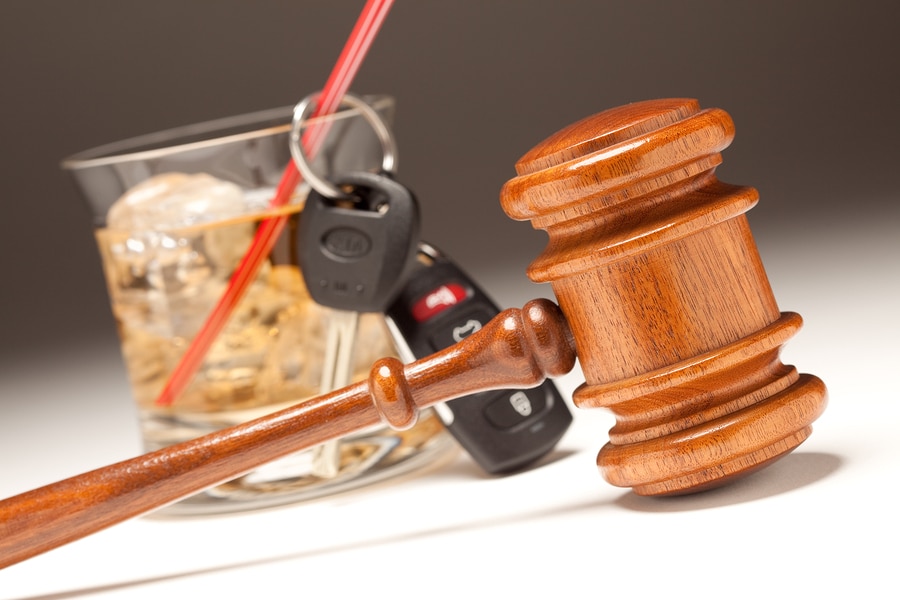You are about to learn what constitutes assault, what constitutes battery, how these crimes are punished in California, and what to do if you are charged in this state with assault and/or battery.
California enforces four different assault and battery laws, but California courts treat every assault and every battery as a serious crime. This is where our domestic violence lawyers can help.

WHAT IS THE DIFFERENCE BETWEEN ASSAULT AND BATTERY?
To start with, a battery charge in California may or may not be linked with an assault charge.
1. Assault is “the unlawful attempt to violently injure another person.” Threats and efforts to injure someone physically are defined as assault.
2. The battery is the “unwanted touching or striking of another person or anything connected to that person.”
Assault is a crime that may or may not result in another person’s physical injury or harm. The battery is the actual use of physical force or violence to injure or otherwise harm another person.
WHAT ARE THE FOUR ASSAULT AND BATTERY CRIMES IN CALIFORNIA?
California law spells out two distinct assault crimes and two distinct battery crimes:
1. “Simple” Assault
2. Assault with a Deadly Weapon
3. “Simple” Battery
4. Aggravated Battery
HOW IS “SIMPLE” ASSAULT DEFINED AND PUNISHED IN CALIFORNIA?
In California, simple assault is an unlawful threat or attempt to injure or physically harm someone else, combined with the actual ability to follow through on that threat or attempt.
Simple assault is a misdemeanor in California, punishable upon conviction by up to six months in jail and a fine of up to $1,000.
WHAT IS ASSAULT WITH A DEADLY WEAPON?
Assaults committed with potentially lethal weapons such as guns and knives, and assaults with sufficient force to cause “great bodily injury” – may be charged as assault with a deadly weapon.
Assault with a deadly weapon is attempting, successfully or unsuccessfully, to injure another person while having the capacity to injure that person with a deadly weapon.

Firing a gun at someone, trying to stab someone, or ordering your attack dog to pounce on someone could all be charged as assault with a deadly weapon in California.
The charge may be filed whether or not a firearm was discharged or a victim was injured. All that matters is that a deadly weapon was used to make a threat of violence.
WHAT IS THE PENALTY FOR ASSAULT WITH A DEADLY WEAPON?
Assault with a deadly weapon may be prosecuted as a felony or as a misdemeanor in California, depending on the specific details of the alleged crime. The penalties for a conviction are:
1. When assault with a deadly weapon that is not a firearm is charged as a misdemeanor, a conviction is punishable by up to a year in jail and a fine of up to $1,000.
2. When assault with a deadly weapon that is, in fact, a firearm is charged as a misdemeanor, a conviction carries a minimum, mandatory sentence of six months in jail.
3. When assault with a deadly weapon that is not a firearm is charged as a felony, a conviction is punishable by up to four years in prison and a fine of up to $10,000.
WHAT ABOUT SEMIAUTOMATICS, ASSAULT WEAPONS, AND MACHINE GUNS?
An assault with a semiautomatic firearm is always a felony, punishable upon conviction by up to nine years in prison. The use of an assault weapon or a machine gun increases the penalty to as much as twelve years.

And if the victim of any assault with a deadly weapon is a police officer or a firefighter performing his or her duties, the charge is a felony, and the penalties can be even harsher.
HOW IS A “DEADLY” WEAPON DEFINED IN CALIFORNIA LAW?
A bottle, a fork, a screwdriver, a corkscrew, a hammer, or even a pencil, a chunk of concrete, or a rock can be a deadly weapon.
Feet and hands are not usually considered deadly weapons, although if they are used to inflict serious bodily harm on a victim, a defendant can be convicted of assault with a deadly weapon.
HOW IS “SIMPLE” BATTERY DEFINED AND PUNISHED IN CALIFORNIA?
“Simple battery” in California is intentionally and forcefully or violently touching another person in an offensive or unwanted way.
Even if you do not cause injury, harm, or pain, you can still be charged with simple battery. All that matters is touching someone who did not want to or consent to being touched.
Remember: Assault is the intentional “attempt” to use violence or force against someone else, while the battery is the intentional, actual use of violence or force against another person.
WHAT IS THE PENALTY FOR SIMPLE BATTERY IN CALIFORNIA?
A criminal conviction for simple battery – a misdemeanor in California – is punishable by up to six months in jail and/or a fine of up to $2,000.

If you accidentally bump against someone in a crowd or even hit someone with a bulky object you’re carrying, it’s not intentional, so it’s not the battery.
However, it might be negligence, so if you injure someone that way, you might be sued for personal injury in a civil court.
WHAT IS “AGGRAVATED” BATTERY?
The difference between aggravated battery and simple battery in California will depend on whether the victim suffered bodily injury or “serious” bodily injury. How do these differ?
“A significant or substantial physical injury” is the sole definition that state law provides for serious bodily injury. California allows the matter to be settled by juries on a case-by-case basis.
The aggravated battery may be charged as a misdemeanor or as a felony in California.
A felony conviction is punishable by up to four years in prison; a misdemeanor conviction can send someone to jail for a year.
HOW IS A SPECIFIC ASSAULT OR BATTERY CHARGE DETERMINED?
When an assault or battery happens, the exact charge will depend on the type of weapon, whether or not the victim was injured and to what extent, and whether the victim was someone in a protected category.
The defendant’s previous criminal history, if any, will also be considered.
If you are charged with assault, assault with a deadly weapon, battery, or aggravated battery in southern California, obtain help at once from an experienced Los Angeles criminal defense attorney.
Do not assume that you will be found guilty. You may have acted in self-defense, you may have been misidentified, or the allegation could even be a complete fabrication.
HOW CAN A LAWYER HELP?
An experienced Los Angeles criminal defense attorney can explain your rights, review the details of the assault or battery charge, and bring your case to its best possible conclusion.

Whether you are innocent or guilty of assault and/or battery, if you are charged with one of these crimes, you have the right to an attorney.
Exercise that right. Your freedom and your future are too important to place at risk.










